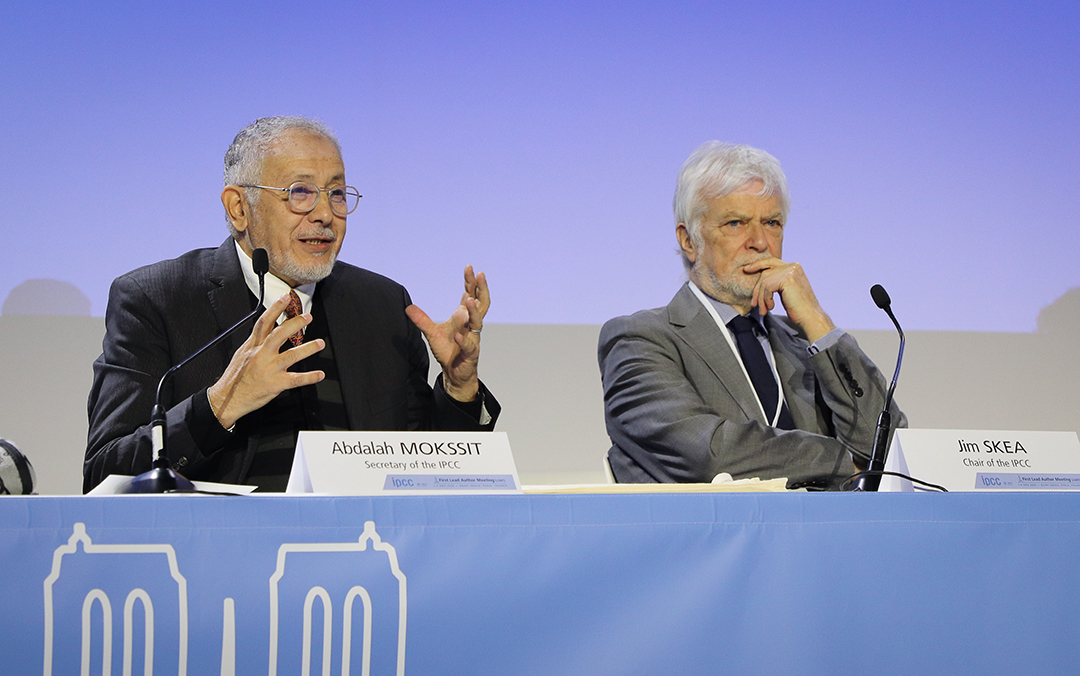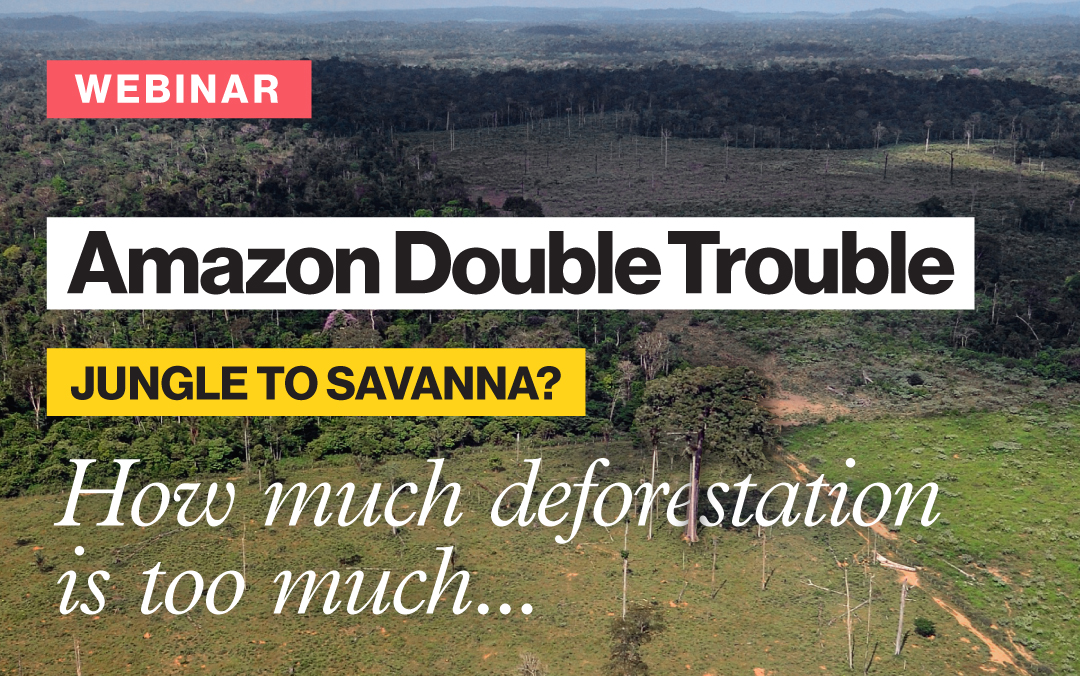The film delves into the growing threat of climate tipping points, featuring leading climate scientists and experts, including from the ClimTip project and the Potsdam Institute for Climate Impact Research (PIK). It investigates what science tells us about potential abrupt transitions in the Earth system which could reshape the future of life on our planet.
A Planet on the Edge: Scientists Search for Answers
Throughout the documentary, researchers grapple with critical, unanswered questions: Are we approaching a point of no return for Earth's vital systems? Could the collapse of the Antarctic and Greenland ice sheets, dieback of the Amazon rainforest or the slowdown of the Atlantic Meridional Overturning Circulation (AMOC) unleash cascading effects that we are powerless to stop? As Johan Rockström, director of PIK, warns,
"Tipping points are much more serious. It’s the tipping points that determine whether or not we have a livable planet."
Daniel Swain, climate scientist at the University of California, Los Angeles, offers a sobering perspective on the uncertainty surrounding the AMOC, one of the Earth's key ocean systems:
"The longer we emit greenhouse gases into the atmosphere, and the more warming there is, the more likely it is that we get to one of those thresholds."
For example, the slowing down or collapse of the AMOC would have major impacts, across Europe and the globe. Swain emphasizes that even if scientists estimate a 90–95% chance the AMOC will remain stable,
"That 5% chance is not that small. If you were told there was a 5% chance that a plane you were boarding would crash, you might say there’s no way I’m getting on that plane."
Multiple Expert Voices
The film also features scientists like Stefan Rahmstorf, co-head of Earth System Analysis at PIK, and Jonathan Donges, deputy lead Earth Resilience Science Unit at PIK and Work Package lead in ClimTip, whose research focuses on identifying tipping elements and understanding how different climate systems interact. Joining them are Samantha Burgess, deputy director of Copernicus climate change service, European Centre for Medium-Range Weather Forecasts (ECMWF), Levke Caesar, climate physicist and co-lead of Planetary Boundaries Science at PIK, and Sina Loriani, deputy lead of Earth Resilience Science Unit at PIK and project scientist at TIPMIP.
Uncovering the Unknown
Climate Extremes: At the Abyss? highlights the significant gaps in our understanding of when and how these critical tipping points might be crossed. While the film provides accessible explanations of these complex systems, it leaves viewers with the urgency of the unknown: How close are we to triggering changes that could drastically alter our planet’s trajectory?
As Rockström notes,
“When you cross a tipping point, you self-amplify warming. And the warming leads to even more extreme events. So there is a very strong, unfortunate, vicious relationship between tipping points and extreme events.”
This tension between what we know and what remains uncertain is why continued research and immediate action are vital.
Watch the Film here
The documentary premiered on October 25, 2024 in a YouTube livestream between Daniel Swain and the film’s director, David Wallerstein, OoS Pictures. You can watch the full documentary below.
Share it with your friends and followers. Help the public become more educated about planetary behavior, tipping points, and climate science from global leading scientists.
Image credit: Still image from "Climate Extremes: At the Abyss?" courtesy of OoS Pictures.





